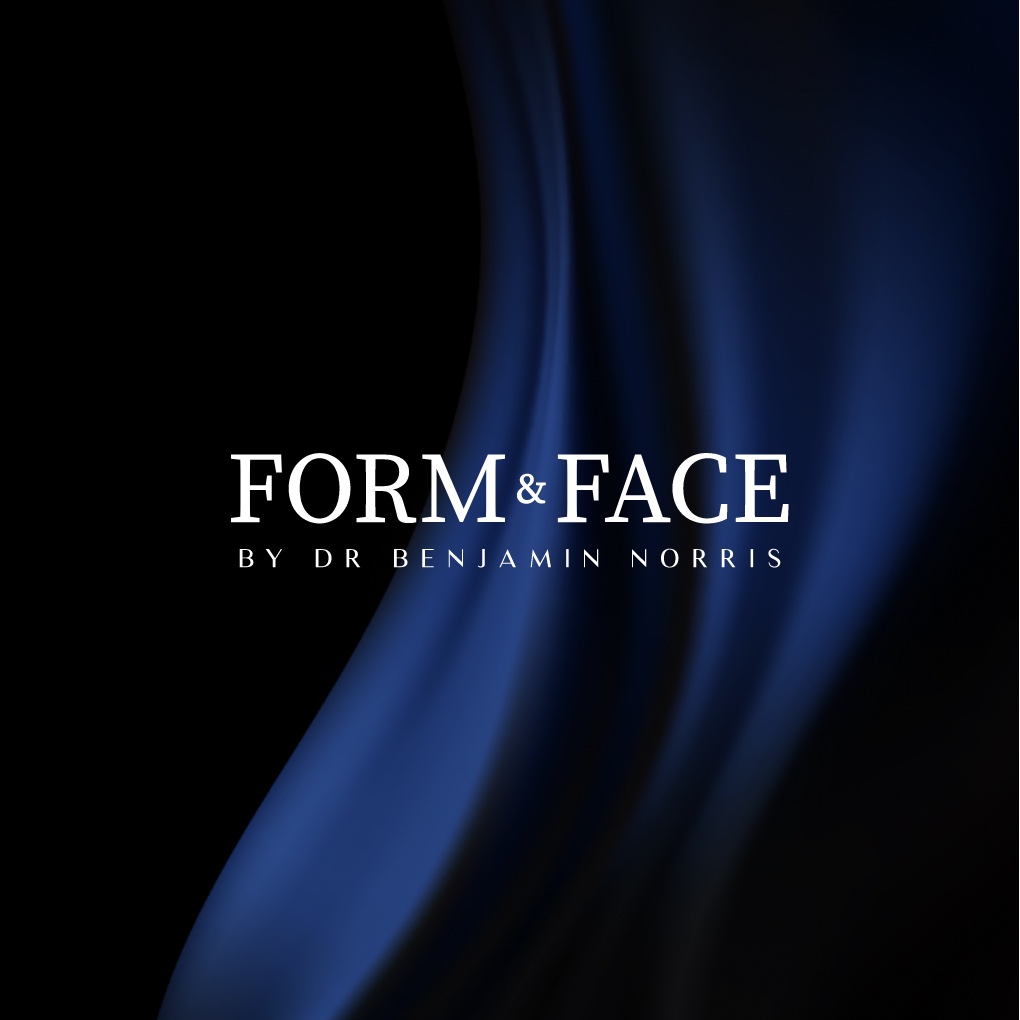Fear can be a good thing or a bad thing. Good fear stops us from doing foolish things. For example, fear of skin cancer keeps people from lying on the beach all day without using sunscreen. That’s excellent! Sometimes, however, fear is unfounded, and it keeps us from pursuing our dreams, such as getting breast implants. We’ve received quite a number of calls this week at Form and Face from women concerned about ALCL cancer and breast implants.
BIA-ALCL stands for Breast Implant Associated Anaplastic Large Cell Lymphoma. It is a cancer of the lymph nodes and lymphatic system, not cancer of the breast tissue. ALCL is generally found adjacent to the implant, contained within the fibrous capsule.
ALCL is not breast cancer, but women with implants are at an increased risk for developing it. However, the overall likelihood of developing this specific disease isn’t just low, it’s VERY low, according to a 2018 research study from the Netherlands:
- 1 in 35,000 at age 50 (.002%)
- 1 in 12,000 at age 70 (8.33%)
- 1 in 7,000 at age 75. (14.29%)
That’s VERY good news for our patients.
Capsular Contracture More Likely than ALCL
A marginally greater problem faced by breast implant patients is tightening (contracture) of the scar tissue that forms around a breast implant (the capsule). Capsular contracture has an overall incidence of 10.6%. In one study, saline-filled implants had a 20.4% incidence of contracture. Having said that, each surgeon’s capsular contracture rates are different depending on how many of their patients experience this issue. Correct implant sizing prior to surgery goes a long way towards ensuring capsular contracture isn’t an issue after surgery.
About 75% of all capsular contractures will occur within two years of a patient’s implants being placed, with ruptured implants the most common culprit. The degree of contracture is graded from one to four. The highest level can cause:
- Unnaturally firm breasts
- Abnormal looking breasts
- Tender breasts that are painful to the touch
Recurrent capsule contracture has also been identified as a possible independent presenting symptom in those with ALCL, says one study.
Causes & Treatment for Capsular Contracture
Some of the reasons this condition develops include:
- Poor surgical technique
- Wrong size implants for physiology
- Poor operating room hygiene
- Genetics
- Normal implant wear and tear leading to rupture
Revision mammoplasty is generally the solution for Grade 3 or 4 capsular contracture. If Dr Norris feels it is appropriate, he may recommend surgical interventions such as:
- Releasing the constriction (capsulotomy)
- Changing the site/placement of the implant
- Replacing the old implant with one that is a more appropriate size
Dr Norris has been successfully performing breast augmentation surgery for decades. He is an expert in the different types of implants and a master of innovative surgical techniques that minimise problems such as capsular contracture. He uses his knowledge and experience, as well as his aesthetic sensibilities to help patients achieve new silhouettes without unnecessary problems.
Breast Implants Rewards & Risks Explained
Have we put your fear to rest? Do you have more questions? We have lots of answers! If you would like to learn about breast implants and other body contouring treatments, we invite you to contact Form and Face to schedule your appointment. Call us or use our handy online enquiry form.
